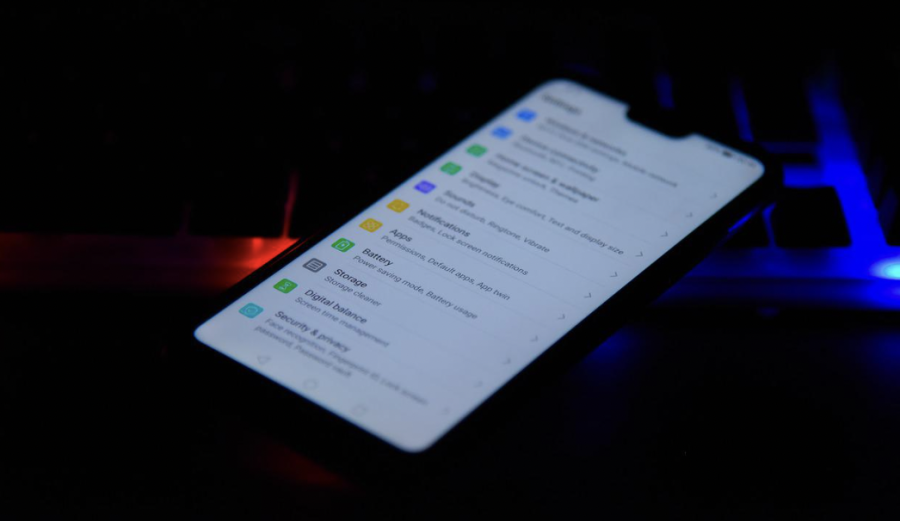Teens and Screens: Are We Going to Extremes?
May 31, 2022
At WFS, each student is issued a MacBook (Apple computer) where they get the bulk of their work done. The school website is on the computer, safekeeping a student’s grades, assignments, and resources. Most of the pieces students write are on Google documents on their laptops. For a while, the entire educational experience was online. Most teenagers view the technology they use as positive assets to their day-to-day life, connecting them to others and aiding with their schoolwork. But what are the side effects? How much is too much screen time?
In 2022, the average teen spends 7-9 hours of screen time a day, be it during school or for entertainment. However, the general consensus for recommended screen time for teens and adults is around two hours per day. When everything is now accessible through technology, it’s near impossible to avoid it just by going about your day. The 24/7 instant gratification of having a phone, computer, or ipad around means that picking up a device is the default the second you don’t have something specific to do. Devices are especially enticing as a quick distraction from negative emotions or a tough day.
“Weekends, I’m on about 6-8 hours. It depends on what I’m doing or how I feel. When I’m feeling really down or having a bad day I go on my phone but if I’m feeling happy do other things like make tea or read books,” said Katie Bryan ‘24. The instant boost of serotonin that comes from a quick peek at a device makes it a formidable proposition compared to activities that require more patience or delayed profit, especially if you’re already feeling down.
“Sometimes I feel like I spend too much time on my screen.. But I feel like I don’t have anything to do otherwise,” said Duncan Roskovensky ‘24.
The blue light that comes from screens makes the body produce less melatonin –a hormone that makes you feel sleepy– and wrecks the circadian rhythm, our natural 24-hour sleep schedule. Teens and small children are more affected by this than adults. So much tech time leads to shortened attention spans and, in the long run, heightens conditions like anxiety and depression.
“We have lost some of our social skills… the face-to-face interactions that we have on a daily basis have been affected by the volume of technology that is required,” said Sue Kampert, Health and Human Dynamics teacher at WFS. “I think it has become excessive. I don’t think it’s good for the brain, I don’t think it’s good for anxiety. Our attention spans are shorter. It’s affected the mental health of our population.”































